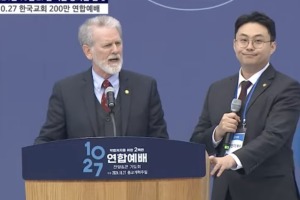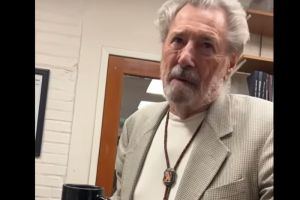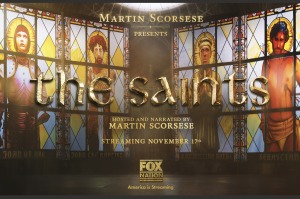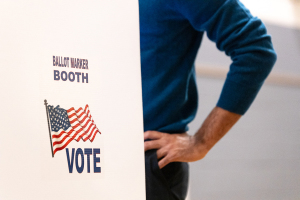Supreme Court rules Christian foster agency can't be forced to place kids with same-sex couples
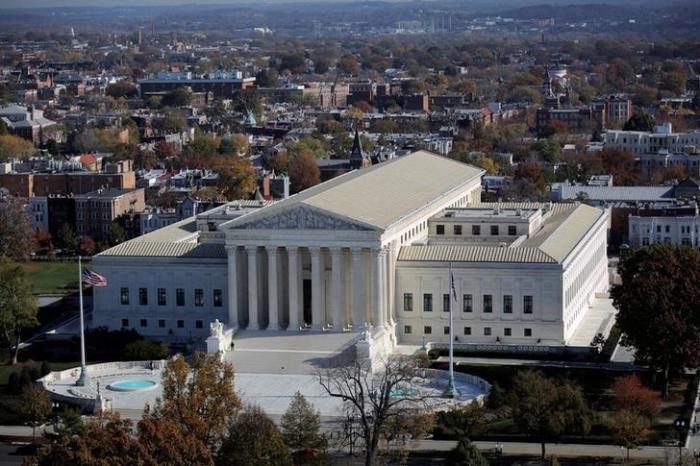
The U.S. Supreme Court has ruled that the city of Philadelphia can't exclude a Catholic charity from its foster program because the organization won't place children with same-sex couples in accordance with religious beliefs.
In a unanimous decision released Thursday morning in Fulton v. City of Philadelphia, the high court ruled city officials were wrong to quit working with Catholic Social Services of the Archdiocese of Philadelphia for refusing on religious grounds to place children with same-sex couples.
The decision reversed a judgment of a three-judge panel of the U.S. Court of Appeals for the Third Circuit and remanded it for further proceedings.
Chief Justice John Roberts delivered the court's opinion, concluding that “the City has burdened the religious exercise of CSS through policies that do not meet the requirement of being neutral and generally applicable.”
“Government fails to act neutrally when it proceeds in a manner intolerant of religious beliefs or restricts practices because of their religious nature,” wrote Roberts.
“The refusal of Philadelphia to contract with CSS for the provision of foster care services unless it agrees to certify same-sex couples as foster parents cannot survive strict scrutiny, and violates the First Amendment.”
Roberts also pointed out that Philadelphia can grant an exemption from the city's anti-discrimination policies to CSS, noting that city contracts include many exemptions.
“Once properly narrowed, the City’s asserted interests are insufficient. Maximizing the number of foster families and minimizing liability are important goals, but the City fails to show that granting CSS an exception will put those goals at risk,” continued Roberts.
“The creation of a system of exceptions under the contract undermines the City’s contention that its nondiscrimination policies can brook no departures.”
The opinion refutes the notion that fostering children is tantamount to a public accommodation.
"Certification as a foster parent, by contrast, is not readily accessible to the public," the opinion reads. "It involves a customized and selective assessment that bears little resemblance to staying in a hotel, eating at a restaurant, or riding a bus."
"As the City itself explains to prospective foster parents, '[e]ach agency has slightly different requirements, specialties, and training programs,'" Roberts wrote. "All of this confirms that the one-size-fits-all public accommodations model is a poor match for the foster care system."
In addition to the court opinion, there were also multiple concurring opinions.
Although Alito concurred in the judgment, he expressed concern that the Supreme Court decision will not have a lasting impact on the dispute between Philadelphia and CSS.
“The City has been adamant about pressuring CSS to give in, and if the City wants to get around today’s decision, it can simply eliminate the never-used exemption power,” wrote Alito in a concurring opinion joined by conservative Justices Clarence Thomas and Neil Gorsuch.
“Not only is the Court’s decision unlikely to resolve the present dispute, it provides no guidance regarding similar controversies in other jurisdictions.”
In 2018, Philadelphia stopped placing children in the homes of foster parents affiliated with CSS and Bethany Christian Services of Greater Delaware Valley due to the groups’ refusal to place children with same-sex couples for religious reasons.
Although Bethany eventually changed its policy, foster parents and others who worked with CSS filed a lawsuit against city officials, arguing that it violates the U.S. Constitution.
Plaintiff Sharronell Fulton fostered as many as 40 kids during her 25 years of working with CSS. Fellow plaintiff Toni Simms-Busch is a former social worker who adopted her foster children through CSS.
Both were represented by the Becket Fund for Religious Liberty. Becket argued that CSS was the “most successful” foster care agency in the city and that the city ended its partnership with the organization at a time that city officials admitted an urgent need for foster families with thousands of kids in the system.
“I am overjoyed that the Supreme Court recognized the import work of Catholic Social Services and has allowed me to continue fostering children most in need of a loving home,” Fulton said in a statement. “My faith is what drives me to care for foster children here in Philadelphia and I thank God the Supreme Court believes that’s a good thing, worthy of protection.”
Simms-Busch stressed that the justices "understand that foster parents like me share in the common, noble task of providing children with loving homes."
“Our foster-care ministry in Philadelphia is vital to solving the foster care crisis and Catholic Social Services is a cornerstone of that ministry," Simms-Busch stated. "The Supreme Court’s decision ensures the most vulnerable children in the City of Brotherly Love have every opportunity to find loving homes.”
The Supreme Court decision follows the ruling of a three-judge panel of the Third U.S. Circuit Court of Appeals in favor of the city in April 2019. The panel concluded that the First Amendment “does not prohibit government regulation of religiously motivated conduct so long as that regulation is not a veiled attempt to suppress disfavored religious beliefs.”

















